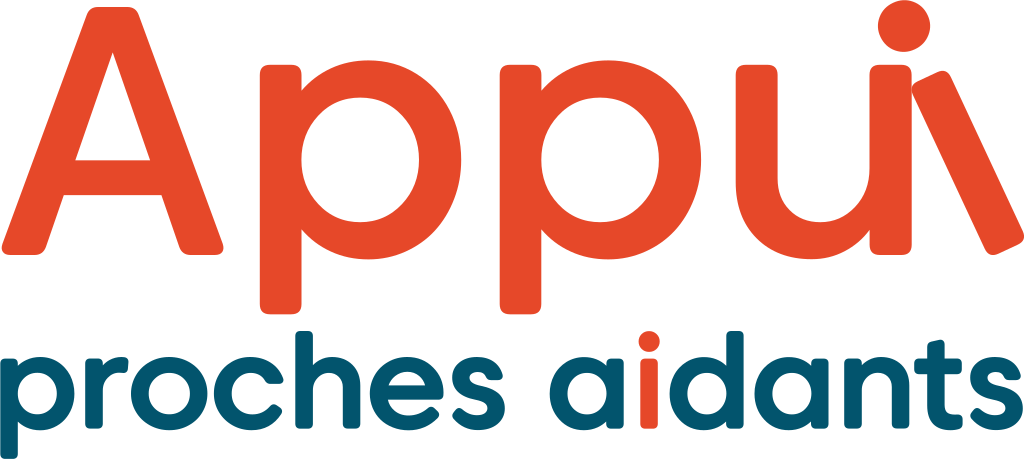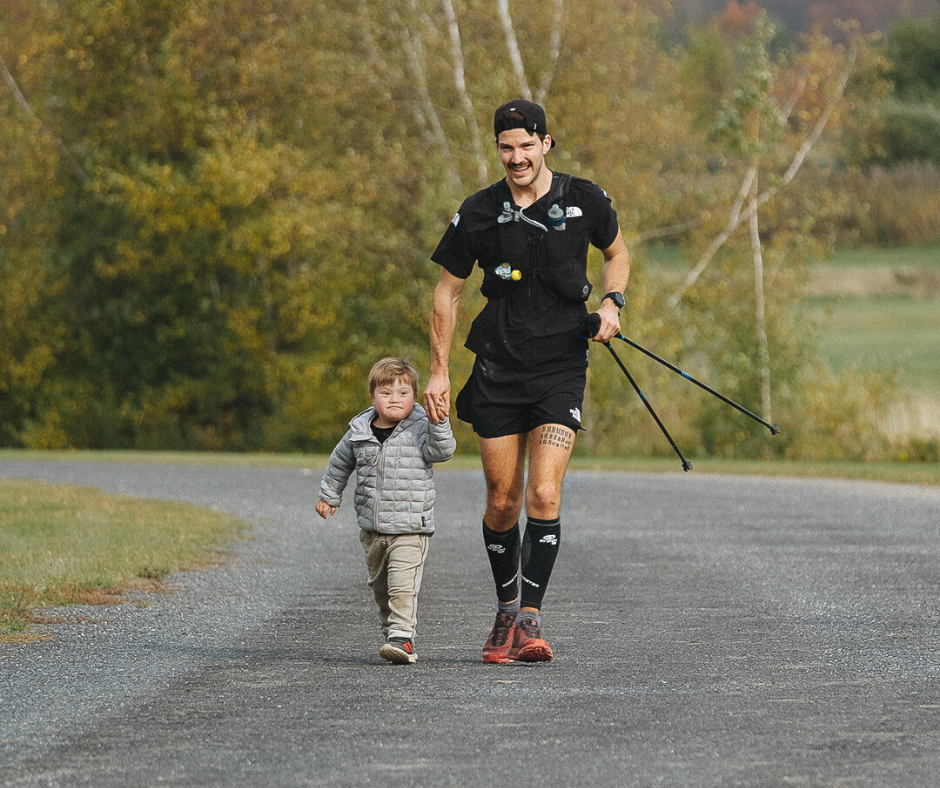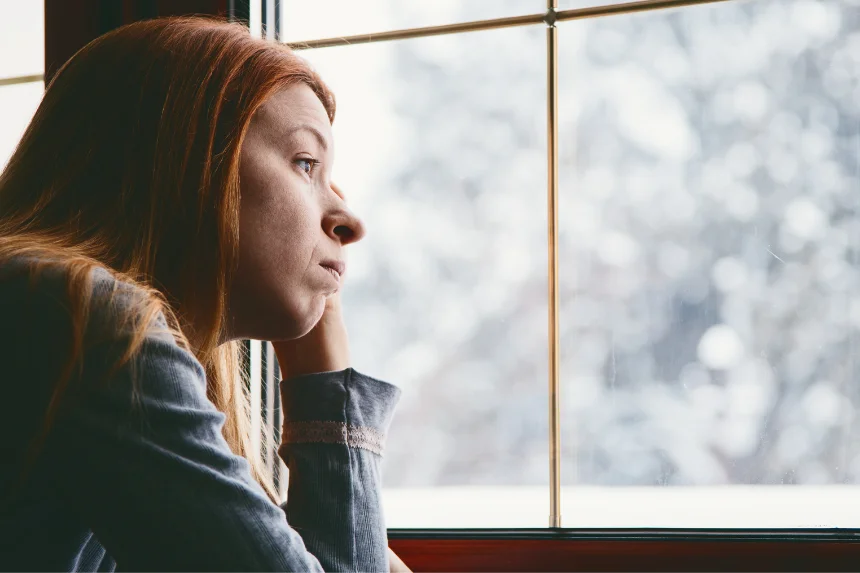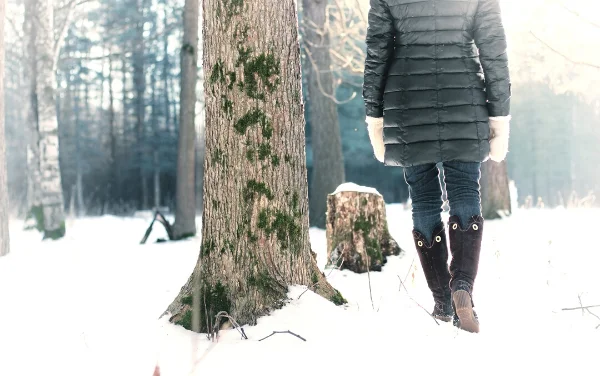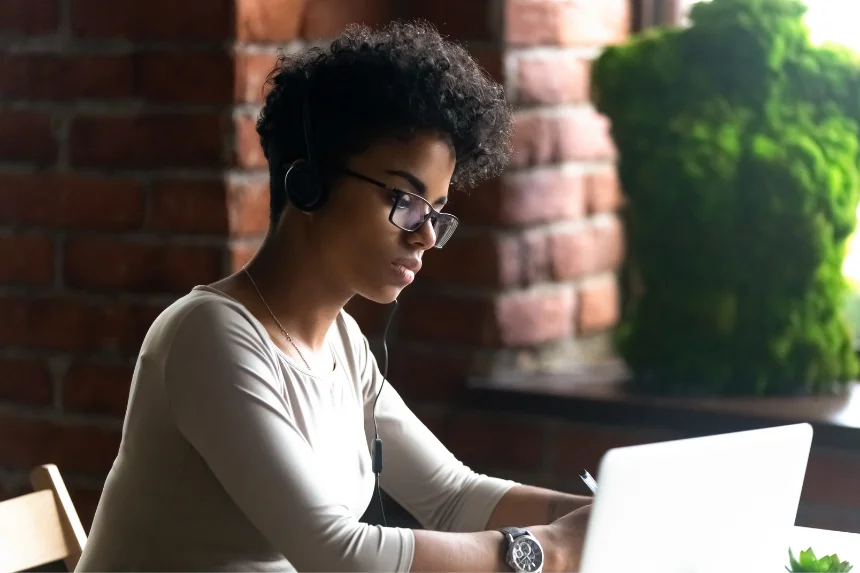Regardless of the child, I think the first year is a bit complex for the father. The mother is dealing with a lot of things, and as a father, there’s not much you can do except be there to support her. I had to be strong for my partner, Carolanne, supporting her as best I could in this adventure. Going to medical appointments, trying to learn as much as possible, seeing how we would build our lives and adapt. We quickly put aside the sadness that followed the announcement of Noah’s condition. We had some grieving to do, and then we decided that the life mission of our family cocoon was going to be positive, we had to adapt and make people aware of the difference by raising awareness about Down Syndrome.



